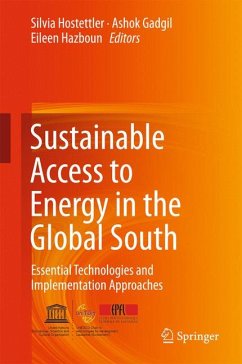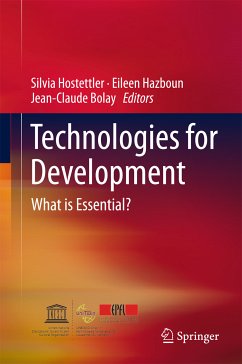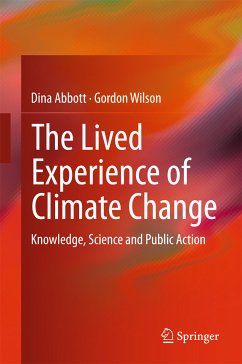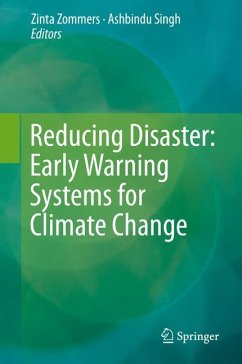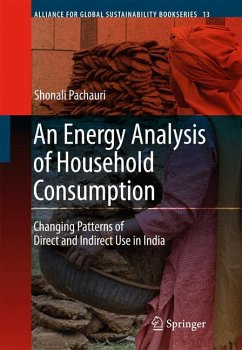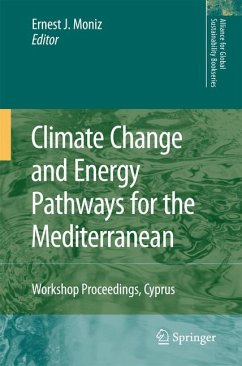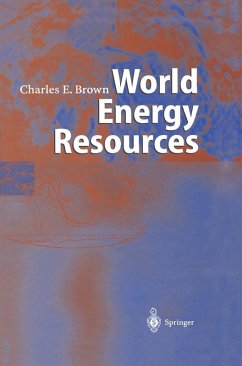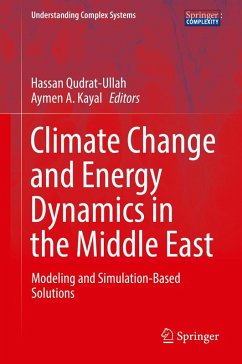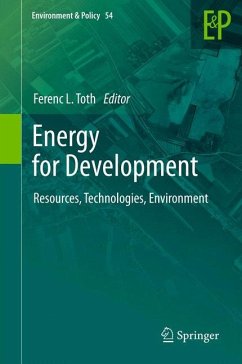
Energy for Development (eBook, PDF)
Resources, Technologies, Environment
Redaktion: Toth, Ferenc L.
Versandkostenfrei!
Sofort per Download lieferbar
72,95 €
inkl. MwSt.
Weitere Ausgaben:

PAYBACK Punkte
36 °P sammeln!
This collection of contributions from a diverse group of prominent international scientists and policy makers brings together their in-depth analyses and innovative ideas about how to resolve the 'energy for development' predicament. It includes studies quantifying the role of energy in socioeconomic development, analysis of the interplay between supranational and national institutions in policy implementation, the energy implications of demographic trends such as urbanisation, and exploration of supply-side issues such as the potential role of nuclear energy and 'cleaning' fossil fuel energy ...
This collection of contributions from a diverse group of prominent international scientists and policy makers brings together their in-depth analyses and innovative ideas about how to resolve the 'energy for development' predicament. It includes studies quantifying the role of energy in socioeconomic development, analysis of the interplay between supranational and national institutions in policy implementation, the energy implications of demographic trends such as urbanisation, and exploration of supply-side issues such as the potential role of nuclear energy and 'cleaning' fossil fuel energy generation through carbon capture.
Dieser Download kann aus rechtlichen Gründen nur mit Rechnungsadresse in A, B, BG, CY, CZ, D, DK, EW, E, FIN, F, GR, HR, H, IRL, I, LT, L, LR, M, NL, PL, P, R, S, SLO, SK ausgeliefert werden.




